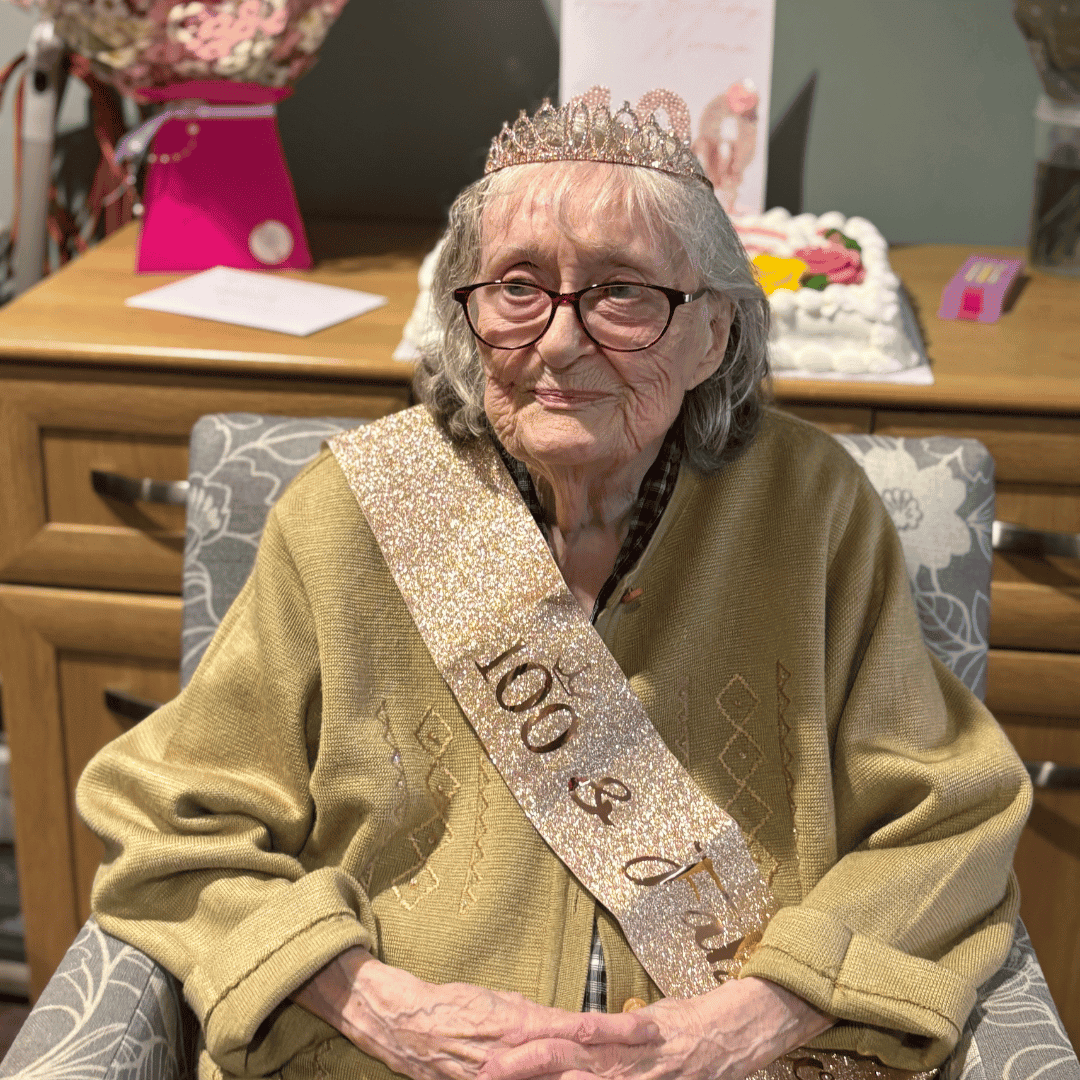While it is important to look out for your own mental health, there may be people round you that are struggling and aren’t confident enough to open up about their feelings. If you suspect that someone around you is struggling, it is important to look out for them to try and encourage them to talk about their emotions and be there for them if they need someone to talk to. Here are some of the key indicators that someone is struggling with their mental health:
- Changes in behaviour that seem irregular for them, these changes can be sudden or can develop slowly over time. These mood changes could be that they are more anxious or irritable than before. They could be experiencing mood swings or may be frequently starting arguments.
- Their sleep pattern has changed, and they are now sleeping very little or sleeping too much.
- They may have difficulty concentrating or remembering simple things.
- Their work or studies have become too overwhelming and they are finding it much more difficult to manage than before.
- They may try to distance themselves from others and not want to be around other people.
- Eating habits have changed and they are now eating much more or much less than usual.
- They could be self-harming or having suicidal thoughts.
How to encourage them to get help?
When someone is over the age of 18, they cannot be forced to receive treatment if they don’t want it. However, depending on the circumstances they can be forced to have treatment if they are detained under the Mental Health Act 1983.
The best course of action is to encourage your loved one to contact their GP about how they are feeling. Their GP can offer treatments for certain symptoms of different mental health conditions. However, if they don’t believe that would be beneficial enough, they can refer them to a psychiatrist for a more detailed analysis and more specific medications. It’s always better to reach out sooner rather than later, to help them get treatment as early as possible.
Beneficial things to say
It may be difficult to find the right words when explaining to someone that you think they need extra support. Here are some examples of some supportive and encouraging things you could say:
- Explain how you’ve noticed that they’re struggling with various symptoms (stress, anxiety, etc). Reassure them that it’s okay to reach out and explain how a doctor could help.
- If you’re willing, let them know that you could come to their doctor’s appointment with them for extra support.
- Explain that many mental health problems can be treated. If they are worried about going to hospital, explain how unlikely this would be if they received treatment.
- Remind them that their GP is there to help and support them and that any notes taken are strictly confidential. The only way their GP would share this information is if your loved one agreed to it, or if they believe that your loved one is at risk of harming themselves or others.
If your loved one doesn’t want help
There are several reasons why your loved one may not want to seek help for their condition, this includes:
- They don’t believe that they’re unwell.
- Don’t see the benefits of visiting their GP and don’t think it will help them.
- They feel too embarrassed or afraid to speak about what they are experiencing, especially someone they are not close to.
It’s important to be mindful about their thought process and what they’re experiencing when encouraging them to ask for help. Remember to be calm and patient with them when speaking so they don’t feel attacked or overwhelmed by what’s going on. It is also important to not force them to seek help, but instead gently encourage them as you only want what’s best for them.
When speaking to your loved one, try and understand how they are feeling, whether they’re overly sensitive, anxious or confused. If they are experiencing hallucinations, it is important to remember that what they are experiencing is real to them.
If you’re family member if still refusing to speak to their doctor, you can share your concerns with their GP instead, if you know who they are. Explain what your concerns are, give examples of how they’ve been acting and how their behaviour has changed. It would also be beneficial if you had evidence of their change in behaviour, for example text messages that seem stranger than usual or distressing. If there is a history of mental health issues within the family that you know of, this would also be beneficial for the GP to know.
The GP may contact your loved one to discuss your concerns. If you’re worried about this disrupting your relationship you can ask their GP to be sensitive with the information you’ve shared.
What to do if they need urgent mental help?
If you believe that this person has become a serious danger to themselves or others and needs mental help urgently, you can call your local NHS urgent mental health helpline (which are available 24/7), take them to their local accident and emergency department at your local hospital, or call 999.
For more information:
Senior Mental Health: https://www.dalecare.co.uk/news/senior-mental-health/
How to improve your mental health: https://www.dalecare.co.uk/news/mental-health-awareness-week/
General well-being advice: https://www.dalecare.co.uk/news/world-well-being-week/








